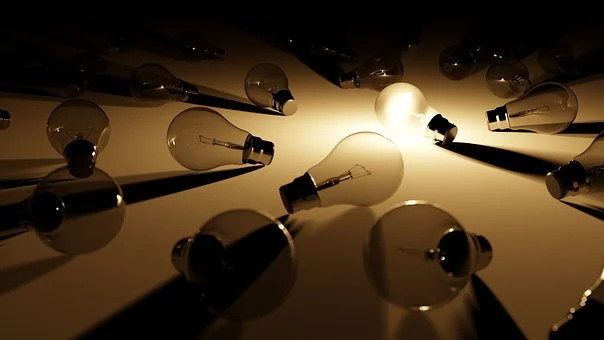Patent registration in the Netherlands. The Netherlands is a country located in Northwestern Europe with overseas territories in the Caribbean. The Netherlands allowed women’s suffrage in 1919, before becoming the world’s first country to legalize same-sex marriage in 2001. Its mixed-market advanced economy had the eleventh-highest per capita income globally. The Netherlands ranks among the highest in international indices of press freedom, economic freedom, human development, quality of life, as well as happiness. In 2020, it ranked eighth on the human development index and fifth on the 2021 World Happiness Index. Accordingly, many businesses want to enter this market and one of the most important preparations a business needs to take before expanding to this country is to learn the procedure of patent registration in the Netherlands.
Patent in the Netherlands
According to the law of the Netherlands, a patent in the Netherlands is a grant of a property right given by the Government to an inventor. With a patent, the inventor, or the patentee will have the right to exclude others from making, using, offering for sale, selling the invention in a country, or importing the invention into a country, along with other rights to protect their best interests.
To be patentable in the Netherlands, an invention must satisfy the new, nonobvious, inventive, and industrially applicable requirements.
In addition, an invention that is patentable can also be an improvement on existing items or methods.
The novelty grace period in the Netherlands is 6 months before the filing date. This means that if the invention is disclosed publicly within 6 months from the filing date, the patent application will still be considered valid.
On the other hand, the unpatentable subjects in the Netherlands are:
- Discoveries, laws of nature, and mathematical methods;
- Aesthetic designs;
- Systems, rules, and methods for the performance of mental labor, games or management, computer programs;
- Presentation of data and abstract ideas.
Necessary documents for patent registration in the Netherlands
The necessary documents for patent registration in the Netherlands include:
- The request to grant a patent (patent application);
- Detailed information on the applicant(s) including the applicant’s and inventor’s names, addresses, citizenships, etc.;
- A description of the invention;
- A signed and stamped power of attorney by the applicant(s);
- A copy of the amendments (if any);
- Priority documents (if any).
- Other required documents.
The official language of the patent application in the Netherlands is Dutch and English. However, it is recommended that the applicant files the application in English to save time and translation costs if they want to expand the validity of the patent to other European countries later. Nonetheless, the conclusions of the application must be written in Dutch.
The procedure of patent registration in the Netherlands
To obtain a patent in the Netherlands, the applicant needs to file the patent application to the IP Office of the Netherlands – part of the Netherlands Enterprise Agency (RVO.nl).
In Dutch, a patent is also known as an ‘octrooi’.
In the Netherlands, the request for a novelty search is mandatory and must be filed within 13 months from the priority date. There is no substantive examination according to the IP Law of this country.
Normally, after 3 years, the applicant will receive the patent.
In the Netherlands, a patent has a 20 years validity period.
The first annuities should be paid after a patent is granted starting from the 4th year of the date of filing, on the last day of the month of filing.
During the 20 years period, no third parties can infringe upon the rights of the patentee through an act such as copying the technology and using it for commercial purposes.
You can see a list of the Netherlands IP Firms here.

